By Al Hemingway
During the battle for Hill 111 on the night of July 24-25, 1953, Sergeant Brian Charles Cooper was in charge of a 10-man machine-gun section of the 2nd Royal Australian Regiment located on the extreme right flank of How Company, 3rd Battalion, 7th Marines. Cooper’s Aussies were instructed to cover the western approaches to the Hook itself, situated approximately 1,000 yards away. At 9:30 pm, enemy artillery slammed into their position, quickly followed by a determined frontal assault from a Chinese company that breached the unit’s defenses. It was later estimated that 4,500 rounds fell on Cooper’s men.
“Back at my own gun position, we started receiving incoming bombardment again and copped a direct hit on the ammo bay,” wrote Private Ron Walker. “I was blown axle over apex and winded. Dan Mudford was staggering around and was wounded. He was bleeding from the ears and his face was sand blasted. A little later, Corporal ‘Kipper’ Franklyn received a shrapnel wound to his left arm which severed an artery. Blood was squirting 18 inches high. I sent him to the CP as well. I was still requesting illumination flares when Sergeant ‘Coop’ Cooper warns that he has called our own artillery directly onto us.”
Cooper recalled: “The only course of action I could see, given that we had some cover and the enemy none, was to use my radio to call friendly artillery fire down upon our own position. It was delivered with great accuracy and deadly effect. Friendly artillery fired 13,500 rounds in that battle and much of it fell on our position. I was personally stressed by the blast that knocked me over.”
Cooper organized his men, plus 11 Marines who had made it out alive from their position, in a defensive perimeter and told his small group to maintain a steady stream of small-arms fire and grenades at the Chinese. Even though the Communists vastly outnumbered the Aussies, they never penetrated their temporary lines. Master Sergeant Charles Owens, USMC (Ret.) recalled: “Sergeant Cooper gave the 2nd platoon (Company H, 3rd Battalion, 7th Marines) machinegun fire in front of our position and his own because of the enemy in my trench line. He also sent a British tank to my position to carry out my wounded.”
For his exceptional bravery, Cooper would survive and be awarded the Australian Military Medal. His citation read in part: “Throughout the whole night Sergeant Cooper set an outstanding example of cool, cheerful and courageous leadership which was splendid inspiration not only to his own section but also to the men of the U.S. Marines with whom he was fighting.”
Years later Owens, together with Brig. Gen. William McCulloch, former commanding officer of Company H, 3rd Battalion, 7th Marines, and company Gunnery Sgt. William Parks, wrote a letter to Lt. Gen. P. Cosgrove, chief of staff of the Australian Army. In it, Owens and the rest “expressed our surprise that Sgt. Cooper had not received the Victoria Cross [Britain’s highest military award] for his extraordinary heroism on the night of 24 July.”
Fifty years after the action on Hill 111, Brian Cooper went to Townsville, Lavarack Barracks, home to the 2nd RAR, when the regiment finally received its official battle honors for its actions at the Hook. On July 24, 2003, the street where battalion headquarters is located was renamed Sergeant B.C. Cooper Street.

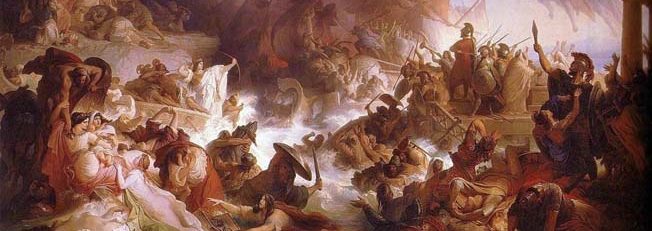
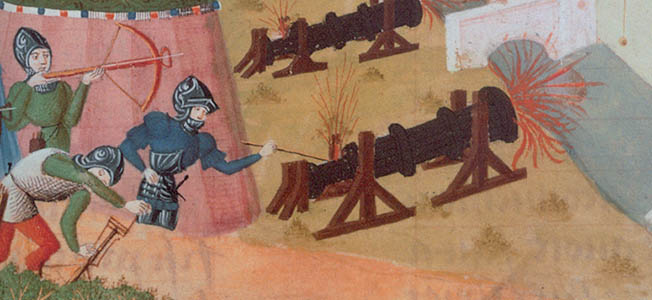
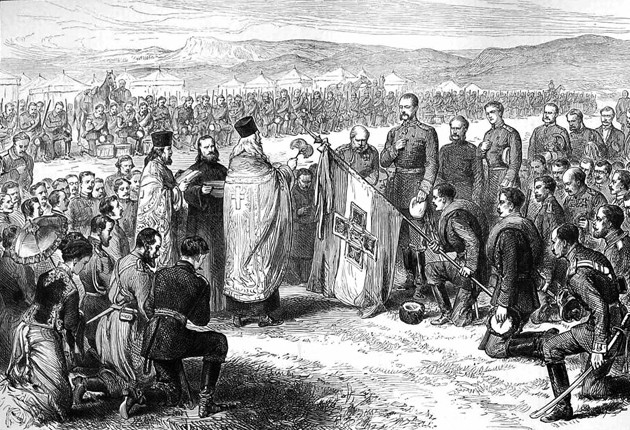
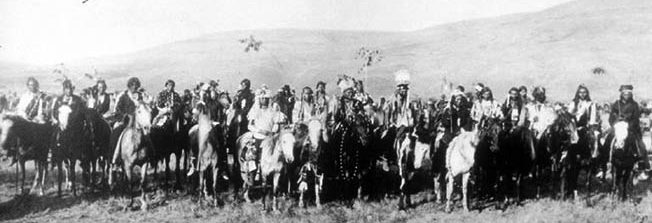
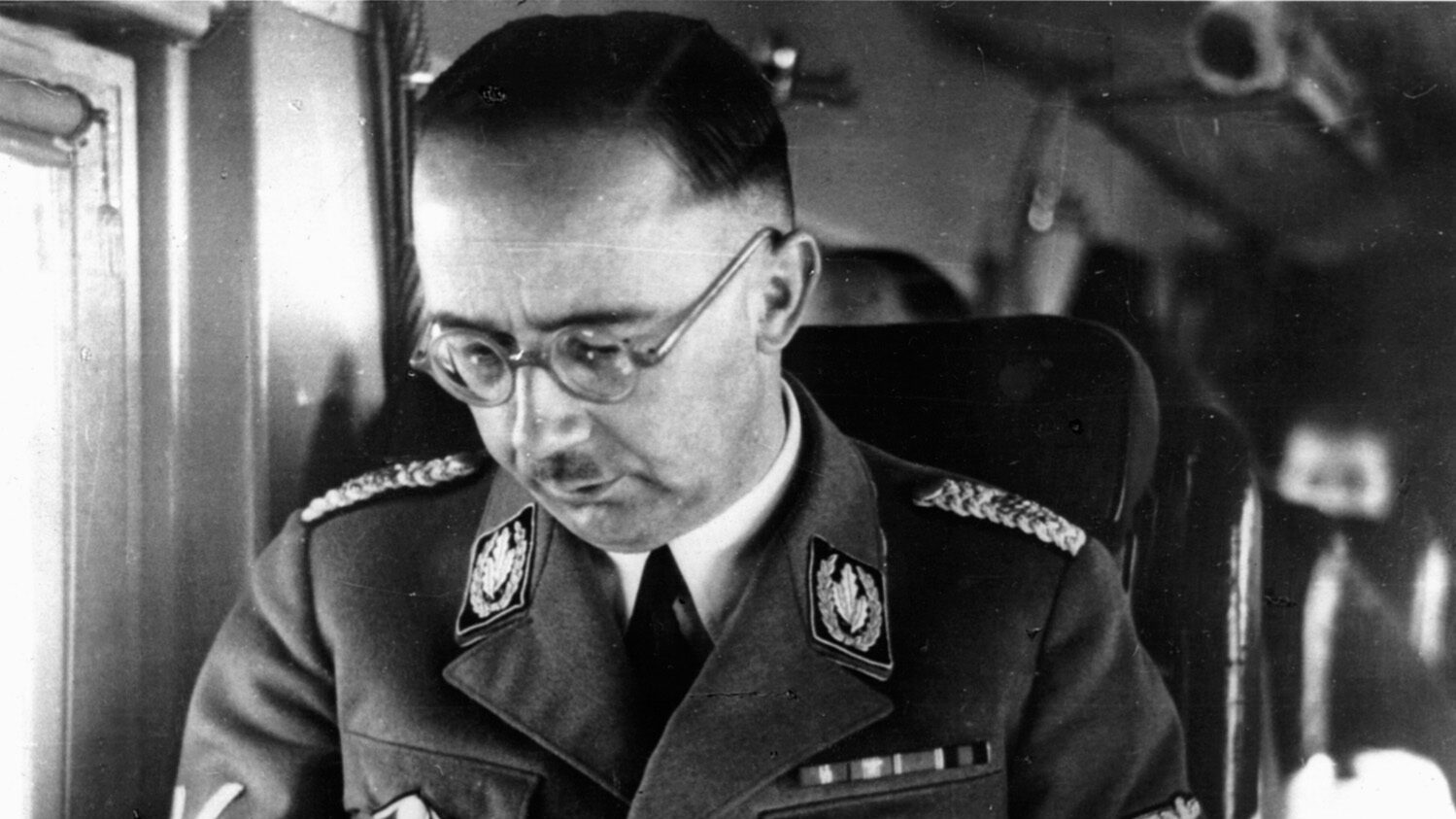

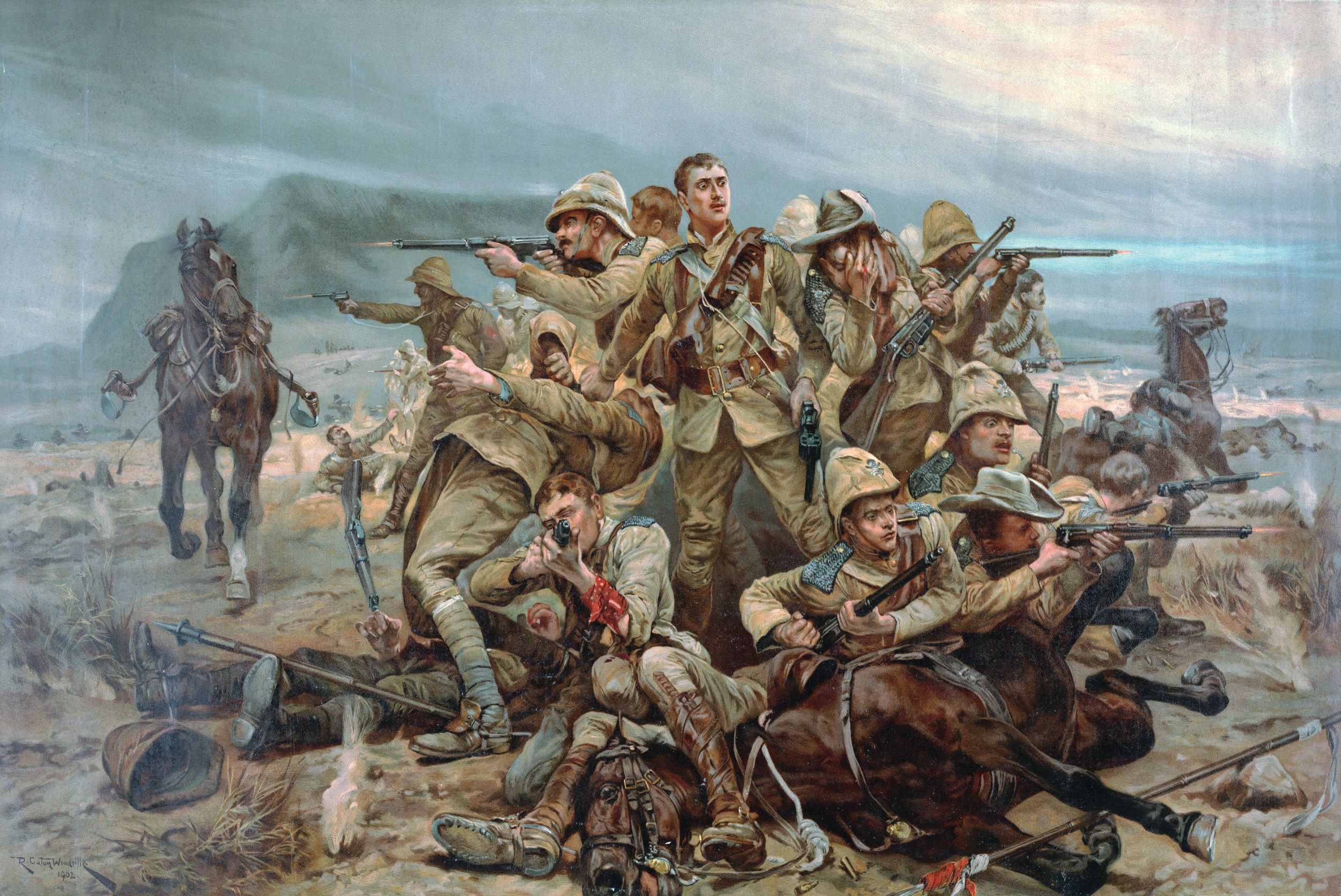
Join The Conversation
Comments
View All Comments